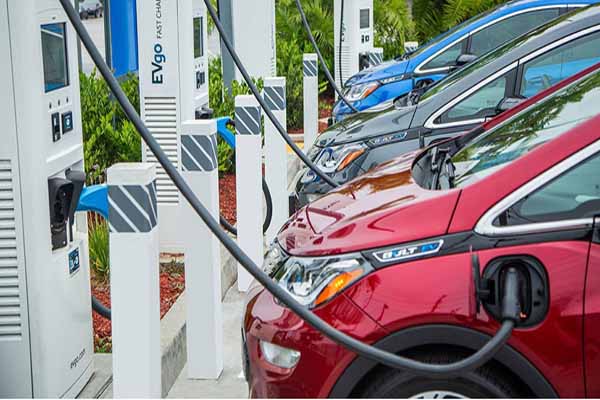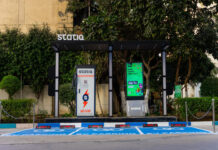The Society of Manufacturers of Electric Vehicles (SMEV) said that strengthening local supply chains is critical to creating a sustainable electric vehicle ecosystem in the country. On World EV Day, the SMEV invited individuals to push for green mobility among their family and friends in order to be a part of the revolution.
“The overwhelming response from the citizens has outpaced the supply side of OEMs. As we move forward with the aim of making India an EV hub, it’s imperative that all stakeholders are in harmony so a solid logistical foundation can be built for the industry,” SMEV Director General Sohinder Gill said in a statement. Hence, on the occasion of World EV Day, SMEV invites all the industry players to come together and work towards strengthening the local supply chain market so that a sustainable EV ecosystem can be created in the country, he added. In a joint statement, the Energy and Resources Institute (TERI) and the International Council for Clean Transportation (ICCT) praised the Delhi government’s action plan to build 18,000 new charging stations by 2024, noting that similar strategies can be replicated in other states to support widespread adoption of electric vehicles.
Virendra Goyal, Tata Power’s Head of Business Creation (EV), stated that the development of a simple, accessible charging infrastructure is critical for the country’s large-scale adoption of EVs. Elaborating further, Mahindra & Mahindra Executive Director (Auto and Farm sectors) Rajesh Jejurikar said the company remains very optimistic about the expansion of the electric mobility in the country. Bullish on green mobility, the auto major on Thursday unveiled its first electric SUV model XUV400, which it plans to launch in January next year. “We are also very realistic and which is why we said that five years from now we expect about 20-30 per cent of our SUVs to be electric,” he noted. Switch Mobility India Director & CEO Mahesh Babu said that in order to meet India’s global commitment to become Net-Zero by 2070, it is important to prioritise not just public transport, but public transport with zero tailpipe emissions.
“Electric buses are clearly the best and obvious solution to accelerate decarbonisation with increasing mass mobility,” he added. The company is the electric vehicle division of Hinduja Group flagship Ashok Leyland.
Luxury car maker Audi India Head Balbir Singh Dhillon said the company has a clear road map towards sustainable mobility and is committed to developing an EV ecosystem.”We have successfully installed over 100 chargers across India and we will continue to increase this in the days, months and years forward to ensure ease of ownership for Audi e-tron and other EV owners. The future is electric and Audi India is ready for it,” he stated.
Euler Motors founder and CEO Saurav Kumar stated that the correct commercial vehicle policy push, including expansion of charging infrastructure, financing environment, and battery standardisation, will contribute in the growth of the EV sector. Every year on September 9, World EV Day is commemorated to educate people about the importance of electric vehicles.















